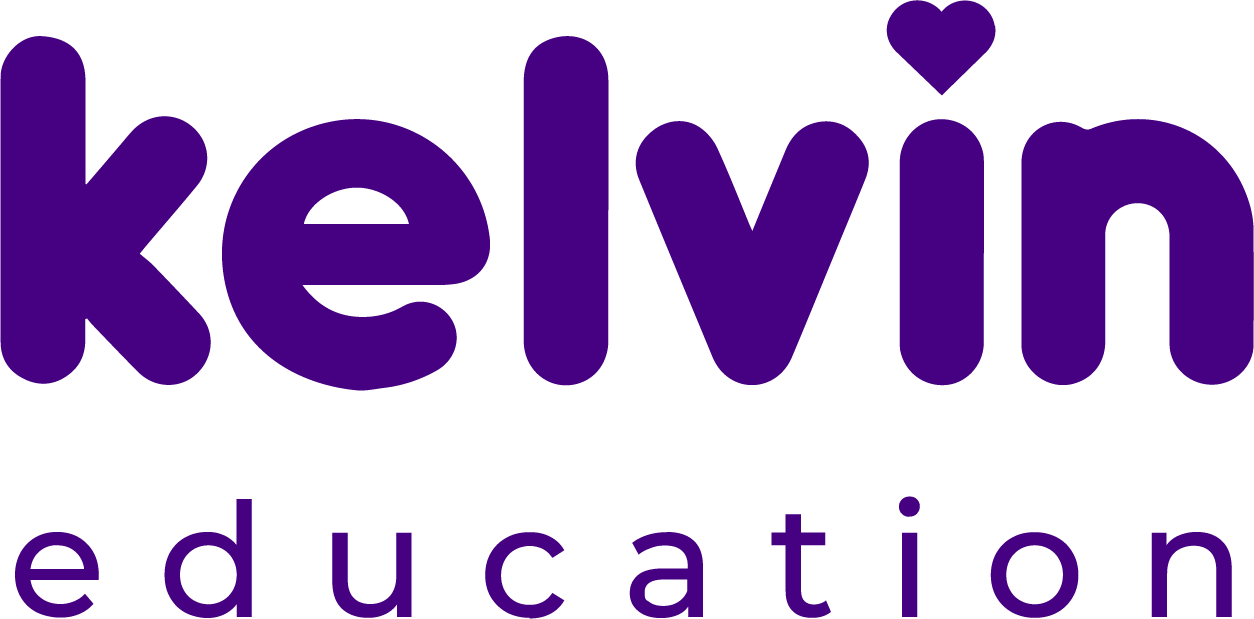FAQs

Frequently Asked Questions
The Kelvin FAQs section is designed to address common questions and provide clear, concise answers about our data-driven educational solutions. Whether you’re an educator seeking to enhance your classroom practices or a parent wanting to understand how Kelvin supports your child’s education, our FAQs offer valuable insights and practical guidance.
Made possible by the generous investment of the CA Department of Healthcare Services and leadership from the Sacramento County Office of Education, this opportunity enables all CA schools and districts to build sustainable school culture and climate systems that support both students and adults. This unique partnership not only allows CA schools and districts to have no-cost access to Kelvin for the 2023-2024 and 2024-2025 academic years, but there are also opportunities to continue receiving Kelvin services at a discounted rate for the next 10 years.
Kelvin actively contributes to LCFF/LCAP initiatives by offering fully customizable surveys and delivering real-time insights through comprehensive reporting. We’ve pre-installed five Priority 6 survey templates tailored for students, staff, and families, ensuring immediate accessibility and seamless implementation. You can filter results across different variables including school, grade level, program, gender, race/ethnicity, and other groups created from your SIS or within Kelvin.
We work with you to get your data into Pulse! Kelvin provides a variety of simple, low-maintenance options for integrating data from your Student Information System (SIS). We can connect directly to your SIS via API, process flat files, or nightly SFTP uploads. This streamlined process enhances the accuracy of reporting based on school, grade level, class, and various important subgroups such as Race/Ethnicity, Programs, Gender, and more. We securely import your enrollment, rostering, and demographic data from your SIS while restricting users’ access to student data based on their rostering for FERPA compliance.
Family Pulse is a premium feature designed to boost family engagement, strengthen school connections, and improve LCAP reporting. Utilize Kelvin to effortlessly survey parents and guardians in real-time through email and SMS delivery options
This depends on the surveys you’re using with the system. Many of today’s available instruments are only validated to certain grade levels (usually down to 4th grade in most cases). We’ve tested our technology and interfaces with children as young as Kindergarten, and you’d be surprised at how much they’re able to accomplish. However, they often lack the literacy skills to reliably interpret questions and respond accordingly. We are working with some partners on tools to make it possible to collect this data from younger students, so stay tuned.
No. Although, this makes things easier. We have a number of schools who extend Pulse windows so that students have a chance to rotate through computer labs to respond. We want you to be successful, so no matter what technology you have (or don’t have) available we will work with you to come up with a plan.
Kelvin is an open-ended, flexible system. You can add custom questions and create your own survey templates, so you can theoretically add any survey to our platform. Make sure to check if the content is open-source or request permission from the author. You can always write your own questions and add them to Kelvin Pulses for students, staff, or families at any time.
Kelvin’s machine learning flags concerning comments like those related to self-harm and violence and notifies admins. However, no system is perfect. We recommend using other services like GoGuardian or Securly to monitor all web traffic for concerning comments and troublesome browsing activity. These tools were built for this purpose and can flag you of concerning comments in Kelvin as well as those made in other places like emails, search engines, chats, Google Docs, etc.
No. Although these things can help add “color” the quantitative data you’re collecting and help build bridges to students, we recognize that not all schools have the resources to manage this type of feedback. That’s okay. Pulse is customizable so you can turn these things off until you’re ready.
We take our role as stewards of Student Data very seriously. We are a proud signatory of the Student Data Privacy Pledge and are transparent in our data collection and use practices.We do not use Student Data for any purpose other than to provide the services on behalf of the schools that use Kelvin. Our collection, use, and disclosure of Student Data is governed by our Terms of Use, by the provision of the Family Educational Rights and Privacy Act (FERPA), the Children’s Online Privacy Protection Act (COPPA), and applicable state laws that relate to the collection of Student Data. We do not rent or sell data or permit advertising. We do not sell or monetize Student Data. We do not display advertising to students on Kelvin. We do not allow behavioral tracking by any third parties on Kelvin for the purpose of targeted advertising or to show ads on Kelvin. Instead, we are able to provide Kelvin’s technology to school districts in exchange for a transparent per-school or per-district pricing mode.

